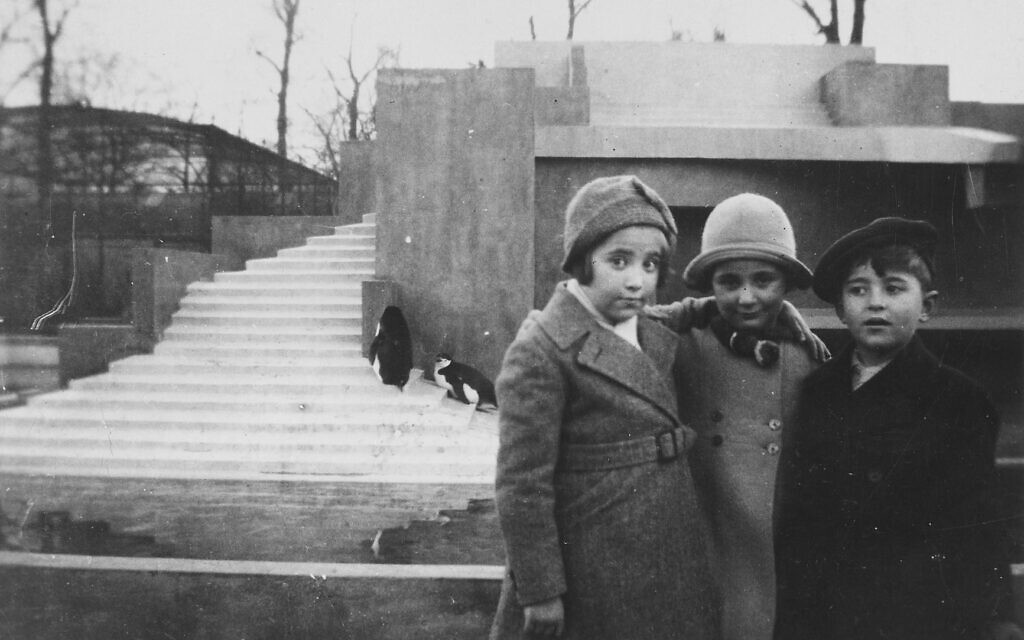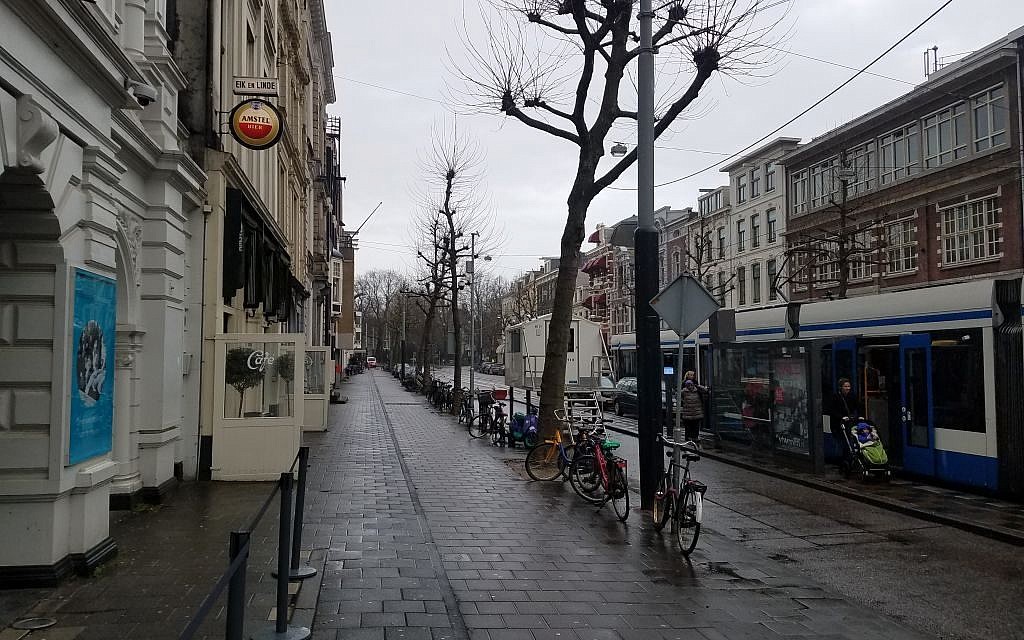
As a teenager in the Netherlands, in geography class, I learned all about Friesland, the northernmost of The Netherlands’ 11 provinces, after Groningen.
I learned about Friesland’s beautiful, lake-filled open spaces, its distinct language — (West) Frisian — its long history and unique culture.
Of course, we learned about – and followed – the famous “Elfstedentocht”’ ice skating event, a world-class ice-skating race that takes thousands of competitors via frozen canals, grachten and other waterways through 11 Frisian cities. At 125 miles, it is the world’s longest ice-skating competition.
What I did not learn about Friesland at the time is that between World War II and the 1970s, Friesland sent more emigrants than any other Dutch province, most of them to Canada, the United States, Australian and New Zealand. Wikipedia calls this a “Frisian diaspora.”
Today, on Holocaust Remembrance Day, I learned a couple of other amazing facts about Friesland.
First, I learned that…
Before [World War II], a few thousand Jews were spread across 10 communities in Friesland. They spoke their own dialect of Yiddish — distinct from Amsterdam Yiddish — and had their own chief rabbi, special prayers, and holiday costumes with provincial flair.
During the German occupation, Friesland’s citizens were animated by “mienskip,” or community. Many thousands of Dutch men and women from all over the country went into hiding in Friesland, including to avoid forced labor.
::
Persecution of the Friesland Jews started early, in 1940, away from prying eyes in major Dutch cities. Initial victims were sent to forced labor camps and — beginning in 1942 — to the death camps Auschwitz-Birkenau and Sobibor.
Only 200 of Friesland’s Jews survived the Holocaust, and most of them moved to Israel. A handful of Jews still live in one of the 10 prewar communities, the provincial capital Leeuwarden. It is a last stand for Jewish life in watery Friesland.
So writes Times of Israel journalistr Matt Lebovic** in a fascinating piece at the Times during this Holocaust Remembrance time.
However, that is only part of the story.
Lebovic’s main story is how citizens of Friesland, with the help from the “Amsterdam Student Resistance Group,” united during World War II to rescue hundreds of Jewish children from the Holocaust. How the “resisters” created an “underground railroad” to take 210 Jewish children from Amsterdam to safe havens in Friesland:

In Amsterdam, the theater where Dutch Jews were incarcerated prior to deportation (far left), with the brick-faced National Holocaust Museum across the street, January 15, 2017 (Matt Lebovic/The Times of Israel)
The children were secreted out from a facility that stood opposite the “Dutch Theater,” an Amsterdam deportation center where arrested Jews were held. The Jewish babies and young children of the deportees were kept across the street in a kindergarten. That separation, but proximity, helped make a large-scale rescue possible.
For months, the names of children were secretly removed from deportation lists in the theater, one child at time. After each erasure, Dutch university students took that child from the kindergarten into hiding. When possible, parents were consulted for permission.
Other children were taken from their homes by the same group, writes Lebovic.
What happened to those children?
Again, Lebovic:
Many of the hidden children were traumatized for life, including those whose parents never returned. Some children, whose parents managed to survive, were torn between remaining with their foster families or going with birth parents they scarcely remembered.
And now, eight decades after resisters created the “underground railroad,” “Friesland-based organizers are again looking for the now elderly adults who were rescued as children by local citizens, to welcome them back for a wide-sweeping celebration.” It is believed that up to 70 of the 210 children might still be alive.
The multi-faceted project, called “Return of the Jewish Children,” includes an original musical theater production, “Smuggled,” a four-part documentary series and programming for two-dozen Friesland primary schools. An exhibition and some activities already kicked off in February. However, Lebovic says, some key events scheduled for May have been moved to 2021 due to (coronavirus) travel restrictions.
On this Holocaust Memorial Day, please read here more about what caring residents of that beautiful little Dutch province named Friesland did almost 80 years ago.
** Matt Lebovic is a journalist at The Times of Israel. He has been writing about the Holocaust for the Times since 2012 and, through his work at Combined Jewish Philanthropies, founded “Together, Restoring their Names,” a Holocaust memory service-learning project for students.
















